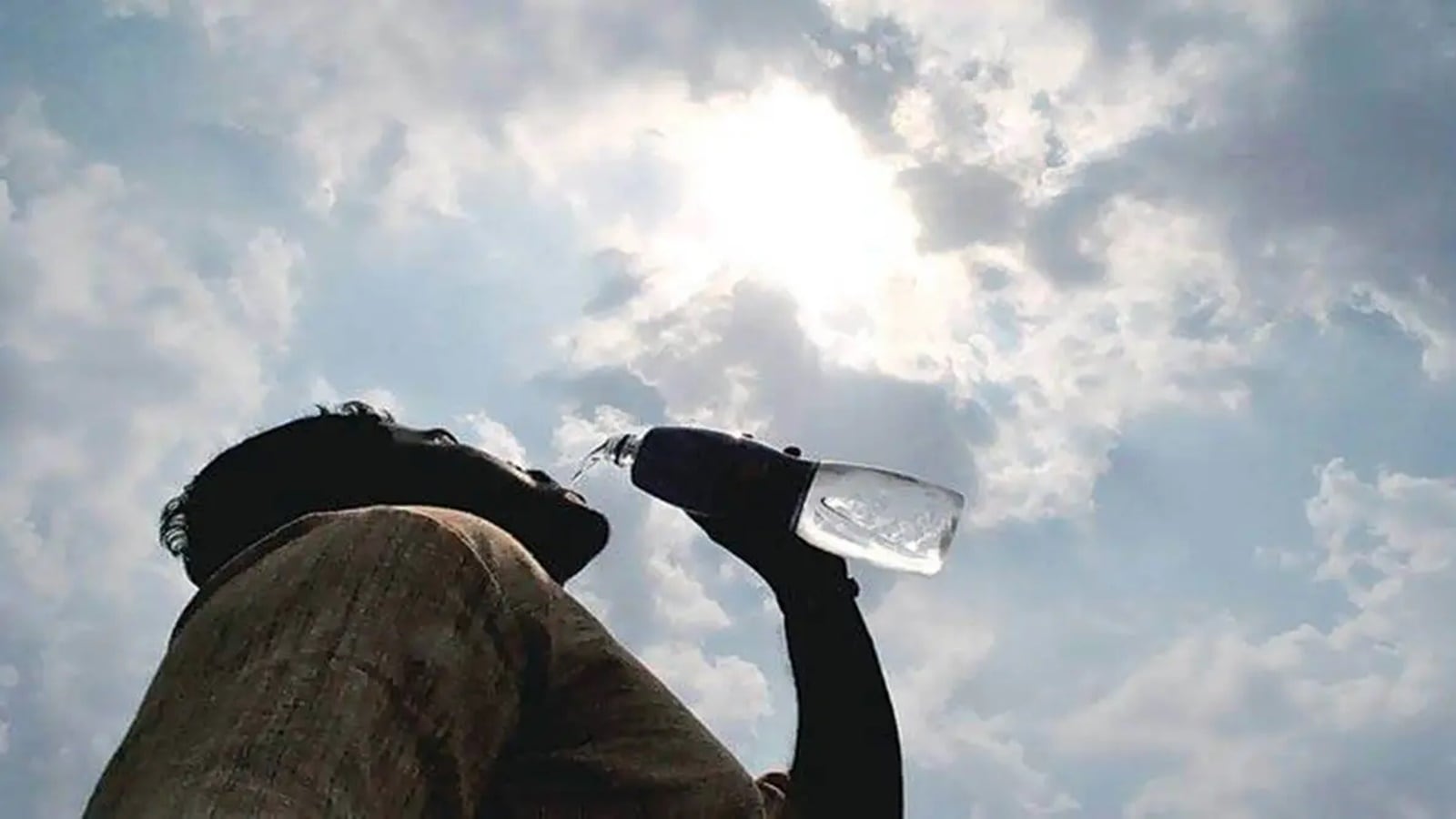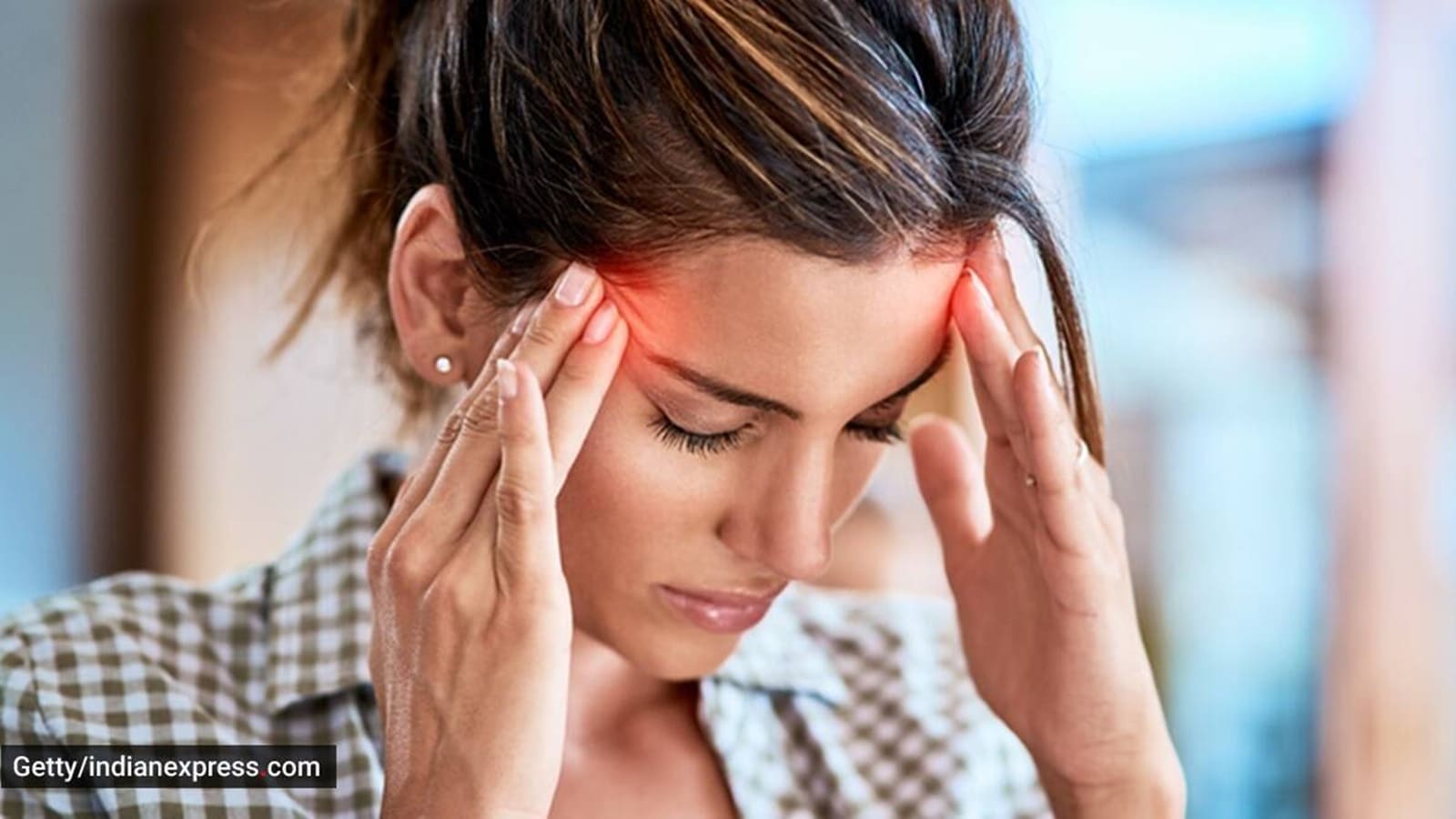📣 For more lifestyle news, click here to join our WhatsApp Channel and also follow us on Instagram
All about October heat, a weather phenomenon that can ‘strain the body’s natural cooling mechanisms’
Is it any different -- if yes, how -- from the hot and humid conditions of summer?
 Know all about October heat (Source: File)
Know all about October heat (Source: File)With the monsoons almost waning, you wait for the winter chill to set in. But all you are greeted with is the ‘October heat’, described as a distinctive weather phenomenon that follows the rainy season, particularly in tropical and subtropical regions like India. But is it any different — if yes, how — from the hot and humid conditions of summer? We reached out to Dr Aabid Amin, medical director and consultant, internal medicine, Ujala Cygnus Group of Hospitals to seek answers and he told us that, unlike the dry heat of summer, October heat is characterised by lingering moisture from the monsoon combined with high temperatures and little to no rainfall.
“This creates an oppressive and uncomfortable climate, especially in regions like North India, Maharashtra, and Gujarat, making it notably different from the dry summer heat. The lack of significant winds during this period can exacerbate discomfort as the heat and humidity stay trapped in the atmosphere,” explained Dr Amin.
Furthermore, urban areas experience a compounding effect due to the heat island phenomenon, where concrete structures and asphalt surfaces absorb and retain heat, making cities even hotter during this time.
What are the risks involved?
Health risks of October heat: Dr Amin said that October heat can strain the body’s natural cooling mechanisms, leading to health issues such as heat exhaustion, dehydration, and respiratory problems.
“The high humidity can also exacerbate conditions like asthma and other respiratory ailments by making it harder for the body to regulate temperature. Vulnerable groups, such as the elderly, children, pregnant women, outdoor workers, and people with existing medical conditions, are especially at risk. Prolonged exposure to this heat can result in a medical emergency requiring immediate attention,” said Dr Amin.
 Are you experiencing headaches? (Source: Getty Images/Thinkstock)
Are you experiencing headaches? (Source: Getty Images/Thinkstock)
How to stay safe?
To stay safe during the October heat, it’s important to drink plenty of water throughout the day to ensure hydration and wear light-coloured, loose-fitting clothing to keep cool. “Try to avoid going outside during the hottest hours, typically between 10 am and 4 pm, and keep your indoor environment cool using fans or air conditioning,” said Dr Amin.
He also advised taking frequent cool showers or sponge baths to lower body temperature. “Eating light meals rich in fruits and vegetables can help maintain your energy without increasing body heat. Try avoiding caffeine and alcohol, which can contribute to dehydration,” said Dr Amin.
It’s also important to check on vulnerable individuals, such as the elderly and young children, as they are more sensitive to heat. “Pay attention to your body — if you start feeling dizzy, tired, or have a headache, seek medical help to prevent heat-related illnesses,” said Dr Amin.
DISCLAIMER: This article is based on information from the public domain and/or the experts we spoke to. Always consult your health practitioner before starting any routine.
📣 For more lifestyle news, click here to join our WhatsApp Channel and also follow us on Instagram
- 01
- 02
- 03
- 04
- 05



























